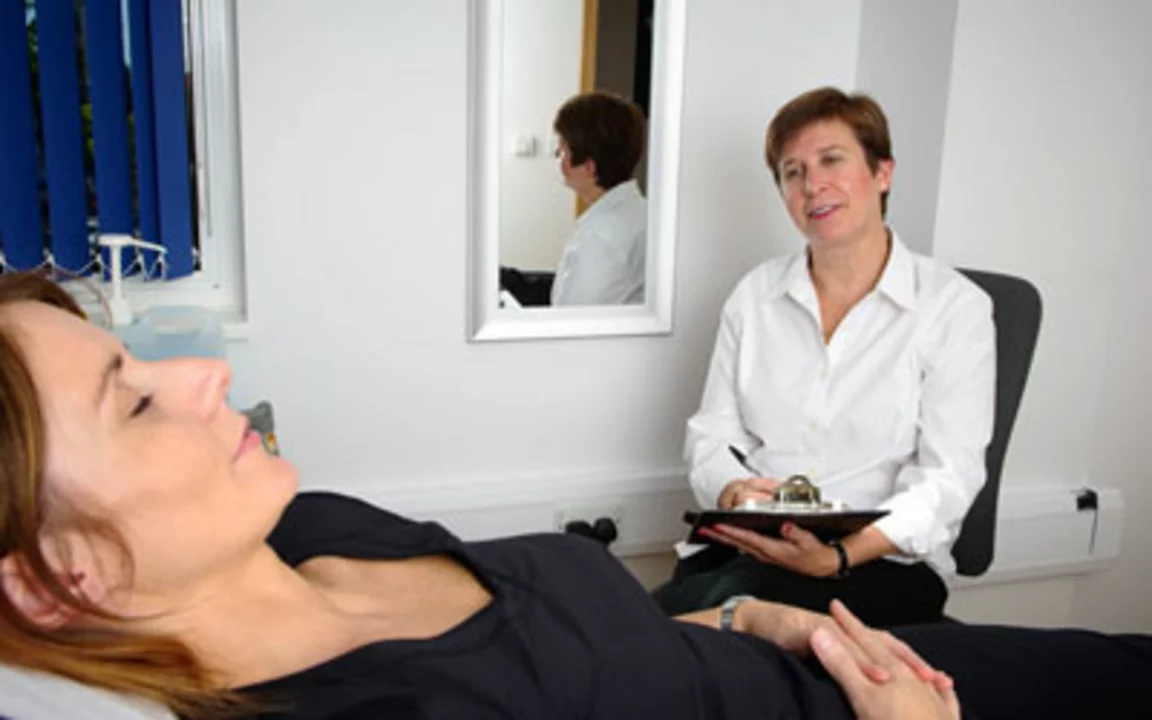Hemorrhoid Relief: Simple Tips and Treatment Options
If you’re dealing with hemorrhoids, the first thing you want is quick comfort. Most people feel itching, burning, or a lump around the anus, and it can be embarrassing to talk about. The good news is that many symptoms improve with simple changes you can start today.
Quick Home Remedies That Actually Work
A warm sit‑z bath is the classic go‑to. Fill a shallow tub with a few inches of water, make it comfortably warm, and soak for 10 to 15 minutes several times a day. The heat relaxes the muscles and reduces swelling without any pills.
Topical relief can be as easy as applying over‑the‑counter creams that contain witch hazel or hydrocortisone. Witch hazel tightens blood vessels, while a low‑dose steroid calms itching. Use a clean cotton swab to avoid spreading germs.
Diet matters more than you might think. Fiber helps keep stools soft and cuts down on straining. Aim for 25‑30 grams of fiber daily—think whole grains, beans, fruits, and veggies. If food alone isn’t enough, a daily fiber supplement (psyllium or methylcellulose) can fill the gap.
Staying hydrated is part of the same equation. Drink at least eight glasses of water a day; your body will use that fluid to soften waste naturally. Avoid caffeine and alcohol if they make you dehydrated.
Don’t ignore the bathroom habits. When you feel the urge, go right away—waiting makes stool harder. Also, try not to sit on the toilet for longer than a few minutes; scrolling your phone can increase pressure on the veins.
When to See a Doctor and What to Expect
If bleeding continues after a week of home care, or if you notice a large lump that doesn’t shrink, it’s time to book an appointment. A doctor will usually start with a visual exam; they might ask for a quick digital rectal check to rule out other issues.
Prescription options include stronger steroid creams, nitroglycerin ointments (which relax the anal sphincter), or even oral medications that shrink veins. In some cases, minimally invasive procedures—like rubber band ligation or infrared coagulation—can be done in the office and provide lasting relief.
Surgical removal is rare and reserved for severe cases that don’t respond to other treatments. Even then, recovery time is short, and most patients feel better within weeks.
Follow‑up visits are simple: your doctor will check how well the treatment worked and may suggest lifestyle tweaks to keep symptoms from returning.
The bottom line? Most hemorrhoid problems improve with warm baths, fiber, hydration, and a bit of over‑the‑counter help. Keep an eye on bleeding or persistent pain, and don’t hesitate to get professional care if home steps aren’t enough. You deserve comfort, and with the right approach you can get back to feeling normal fast.

Hemorrhoid Alternative Therapies: Acupuncture, Hypnotherapy, and More
Finnegan O'Sullivan May 14 9In my recent exploration of alternative therapies for hemorrhoids, I discovered some fascinating options like acupuncture and hypnotherapy. Acupuncture, an ancient Chinese technique, is known to promote blood circulation and relieve pain. Hypnotherapy, on the other hand, can help address the stress and anxiety that might exacerbate hemorrhoids. Along with these, I also came across some other natural remedies and lifestyle changes that could help alleviate the discomfort. Stay tuned for a detailed blog post on these exciting alternative therapies for hemorrhoids!
More Detail